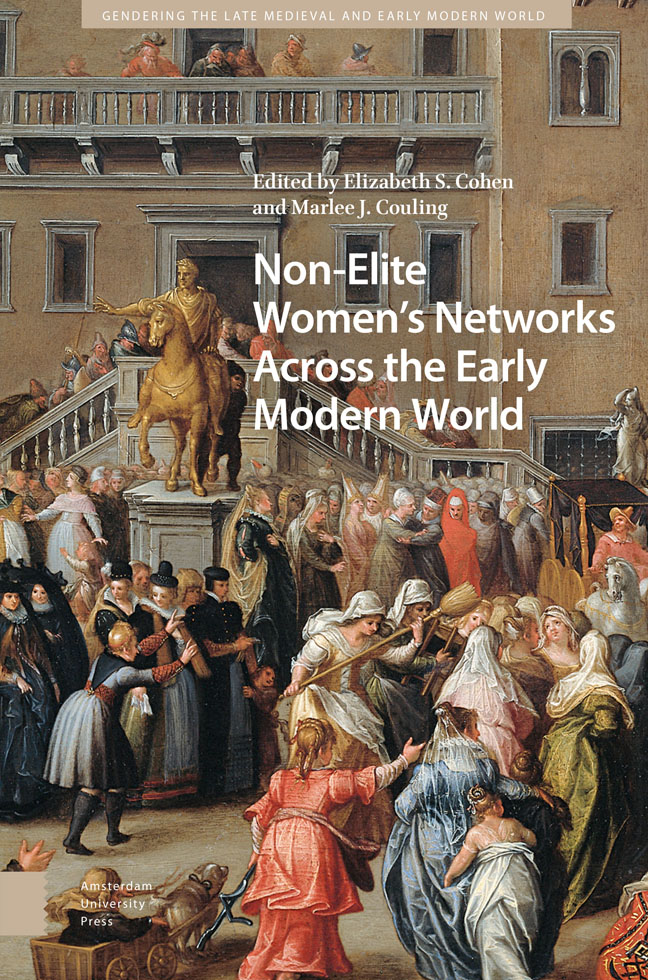1 - Going Beyond Montagu: The Network of Subaltern Women in the Turkish Embassy, 1716–1718
Published online by Cambridge University Press: 20 February 2024
Summary
Abstract: This chapter shifts attention from Lady Mary Wortley Montagu as a singular traveler to a network of women from diverse class, ethnic, racial, and religious backgrounds to complicate and enrich our view of the bilateral movement of early modern women between the British Isles and the Islamic empires of the era. Despite her representation as sui generis, Montagu did not travel alone nor was she the only woman on the “Turkish embassy. The documentary, literary, and visual record suggests she brought female servants from Britain and acquired more servants (and perhaps bought slaves) while in the Ottoman Empire. Rather than looking outwards to the elite Ottoman women Montagu idealizes, this chapter turns to these lower-status women (British and Ottoman) whose lives register as traces in the sources on this embassy.
Keywords: Montagu, Ottoman, Turkish, servant, slave
Lady Mary Wortley Montagu (1689–1762), already a glittering figure in the English literary scene, traveled through the Ottoman Empire as far as Constantinople (Istanbul) with her husband, the “Ambassador Extraordinary to the Court of Turkey,” from 1716 to 1718. Her fame was secured with the posthumous publication of Letters of the Right Honourable Lady M--y W---y M----e: Written, during her Travels in Europe, Asia and Africa, To Persons of Distinction, Men of Letters, &c. in different Parts of Europe (1763), which derives from the letter-book she drafted during this relatively brief sojourn and polished for the rest of her long life. Teresa Heffernan and Daniel O’Quinn, in their introduction to The Turkish Embassy Letters (the shorthand title for Montagu's travelogue), assert that “it is among the greatest achievements of eighteenth-century literature.” The response to Montagu's achievement has nevertheless been mixed, both in her own day and since. Among contemporary critics, some praise her as “a conscientious ethnographer trying to communicate the humanity of the peoples of another culture”—one “remarkably free of ethnocentrism”—and as “[t]he only relatively early writer to cast doubt on the common assumption of the oppression of Muslim women and to counter notions of their licentiousness.”
- Type
- Chapter
- Information
- Non-Elite Women's Networks across the Early Modern World , pp. 25 - 46Publisher: Amsterdam University PressPrint publication year: 2023



